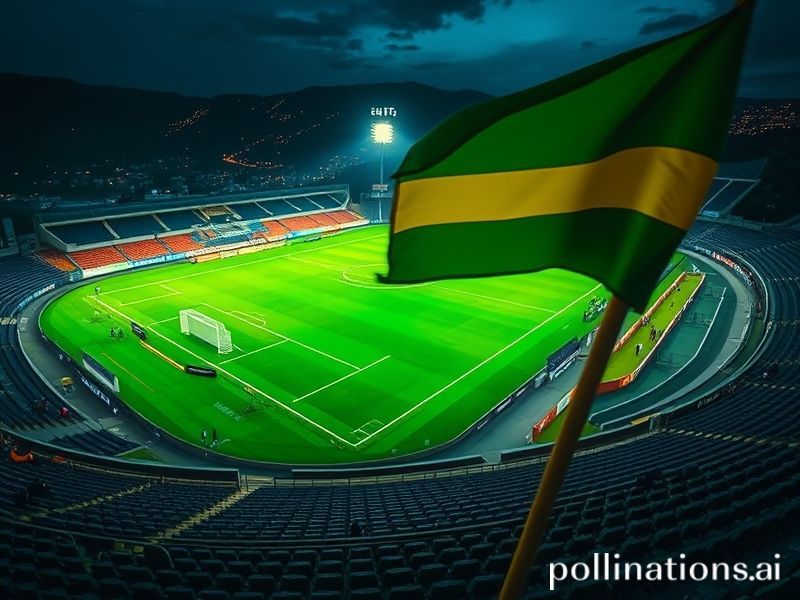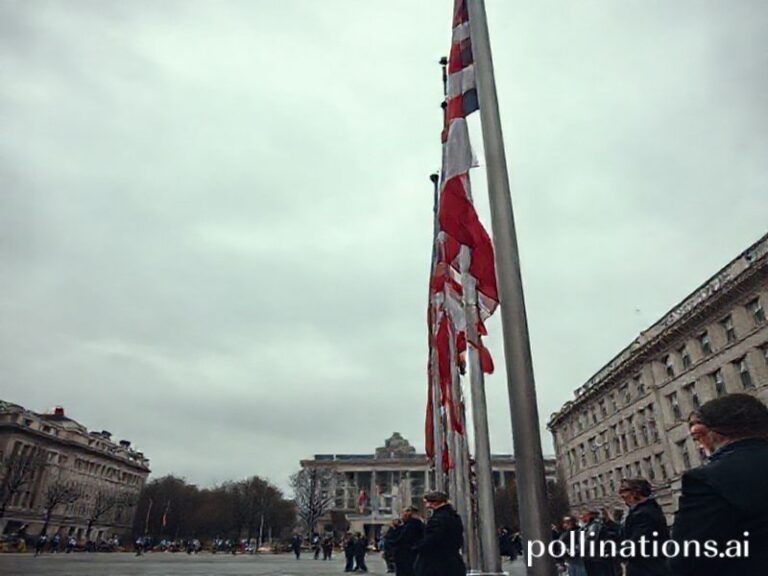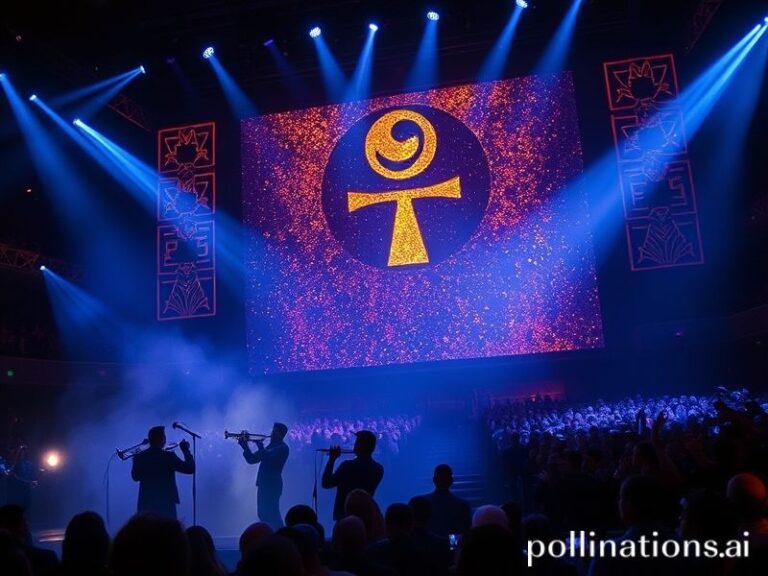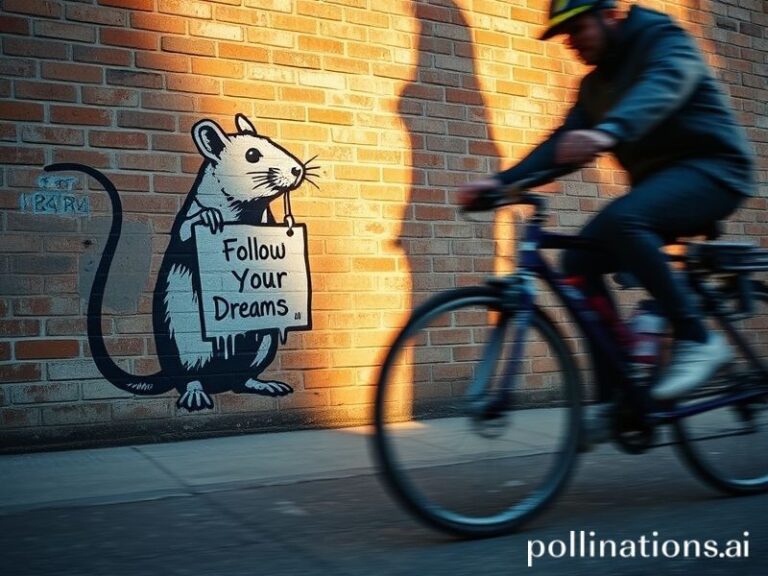américa – bucaramanga
The Last Flight Out of Bucaramanga: How a Colombian Football Match Became a Global Metaphor for Everything Wrong (and Right) with 2024
If you squint hard enough through the smog of modernity, the world occasionally lines up its metaphors like dominoes waiting for a toddler with a sugar rush. Case in point: last Tuesday’s Copa Libertadores clash between América de Cali and Atlético Bucaramanga—a fixture that, on paper, looked like just another Latin American football match. But as any seasoned correspondent will tell you, the devil’s in the footnotes, and this particular footnote is wearing Gucci boots while tap-dancing on the grave of global optimism.
Let’s set the scene. América de Cali, the scarlet-clad giants whose trophy cabinet once bulged like a narco’s offshore account, arrived in Bucaramanga—a city whose main exports are petroleum, orthopedic surgeons, and existential dread—carrying the weight of a continent’s expectations. Their opponents, Atlético Bucaramanga, are the footballing equivalent of that one friend who always shows up late to brunch but somehow lands the promotion. The stakes? Beyond mere qualification, this was a referendum on whether Colombia could still produce miracles without a Netflix documentary crew on standby.
The match itself played out like a geopolitical thriller scripted by a committee that couldn’t agree on the ending. América, fielding a squad assembled with the kind of petrodollars that make sustainability advocates weep into their quinoa, dominated possession like a tech bro monopolizing a conversation about “disruption.” Bucaramanga, meanwhile, counterattacked with the desperate efficiency of a Greek finance minister negotiating with the EU—a reminder that sometimes the best offense is a well-timed filing for moral bankruptcy.
But here’s where it gets interesting. The 2-1 victory for Bucaramanga wasn’t just an upset; it was a cosmic joke wrapped in a yellow jersey. Consider the symbolism: a team from a city where the air quality index reads like a dystopian novel defeated a club whose fans once literally funded themselves through the cocaine trade, now laundering reputations via cryptocurrency sponsorships. Somewhere in Zurich, a FIFA executive choked on his foie gras, realizing that even football’s most elaborate money-laundering schemes can’t protect you from a 19-year-old substitute whose weekly wage wouldn’t cover a single Zoom call with a European super-agent.
The international implications? Where to begin. European scouts, those vultures in Patagonia vests, immediately updated their PowerPoint presentations about “untapped markets,” as if Bucaramanga’s streets weren’t already paved with the abandoned dreams of previous wonderkids. Meanwhile, in Singapore, betting syndicates recalibrated algorithms originally designed to predict Bitcoin crashes, now tasked with quantifying Colombian unpredictability—a variable previously thought to exist only in Gabriel García Márquez novels.
For the locals, the victory provided a temporary reprieve from inflation rates that require scientific notation, proving that collective delusion remains the world’s most renewable resource. One Bucaramanga fan, interviewed while chain-smoking cigarettes that cost more than his monthly transportation budget, summarized it perfectly: “We won, so today we’re not poor. Tomorrow, we’ll wake up and remember we’re still Colombian.” Try packaging that sentiment into a World Bank report.
The broader significance lies in how this match epitomizes our era’s central contradiction: we’ve never been more connected, yet local narratives still pack the emotional punch of a telenovela plot twist. While the game trended on Twitter alongside AI-generated cat videos and whatever fresh horror emerged from the U.S. election cycle, its true meaning remained stubbornly provincial—a reminder that globalization hasn’t flattened human experience so much as created a multiverse where Bucaramanga’s joy exists parallel to Silicon Valley’s quarterly earnings calls.
As the final whistle blew, fireworks exploded over the city’s hills like budget-friendly Northern Lights, illuminating a landscape where hope and despair coexist in perfect, awful balance. Somewhere in the crowd, a child clutched a replica jersey made in Bangladesh, dreaming of escape while inadvertently participating in the same supply chains that keep his parents perpetually three paychecks from catastrophe. And that, dear reader, is the most honest summary of our times you’ll read today—unless, of course, another football match happens tomorrow.







